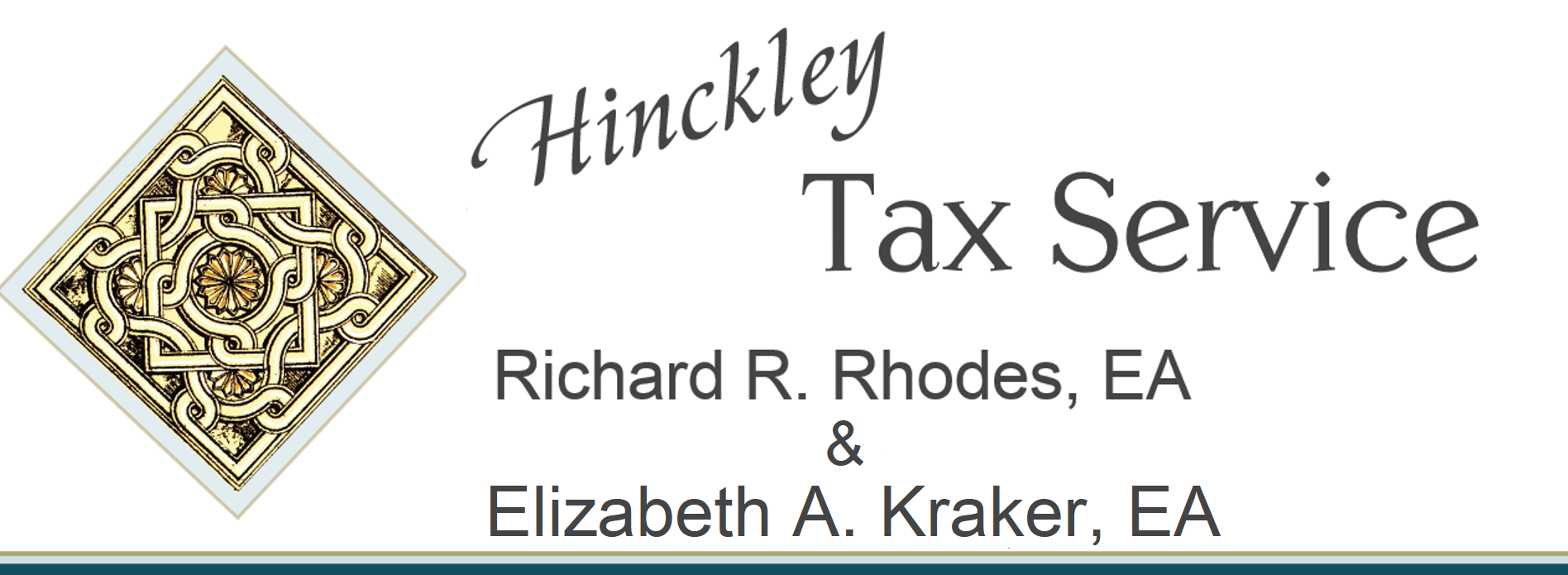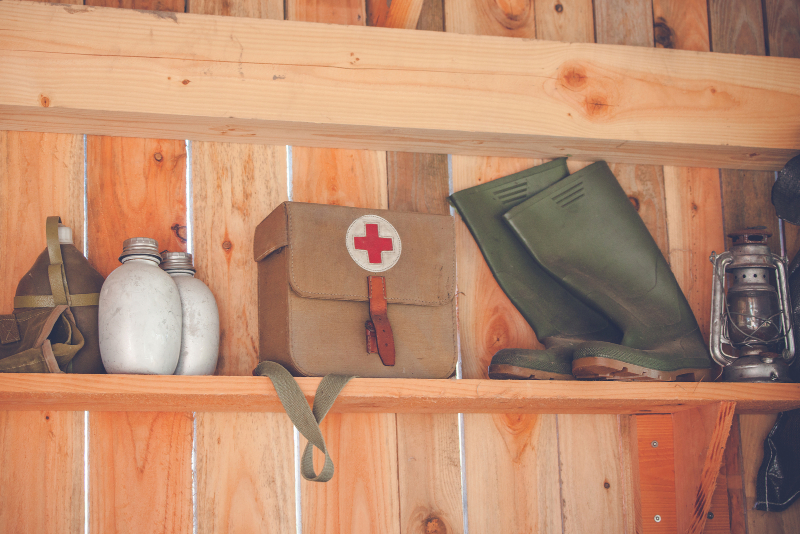As COVID-19 snakes its way through the world, what’s becoming clear to me is that … well, not much is clear.
From death rates (relying upon shaky data from totalitarian regimes), to spread rates, to proper precautions — you can find an article from a seemingly-authoritative source that will tell you one thing, and then click over to another (equally authoritative) article that tells you differently.
Personally, I’m struggling to know the best way to communicate about this to my Cleveland clients, and I think I’m not alone.
In fact, this uncertainty is what is becoming perhaps even more destructive than the virus itself. We’re seeing canceled events and flights, sold-out supplies, massively fluctuating markets and interest rates — it’s safe to say that the economic and social ramifications of the fear and uncertainty is also causing great damage.
Which is not to say that we should simply shut it off. Precautions ARE necessary, and I’ll write about some common sense ones for you today — while still trying to “stay in my lane”. I’m a tax accountant, not a doctor!
(By the way, believe me when I tell you that there have been a few clients who didn’t allow us to help them do some basic tax planning for this past year, and who are now reaping the whirlwind of unfortunate — and avoidable — tax bills. More about tax planning in a future note. That is its own special kind of tragic disaster that I hope you avoid this year!)
But back to the Coronavirus … if you are looking for ways to fuel panic, well, open just about any news site.
If you are looking for reassurance, I commend this Guardian (UK) article to you.
And my last introductory word on the subject: no matter the realities, fear is always our greatest enemy. Fear often masks itself as “wisdom”. And even should we be personally affected … let’s fight that fear, while still remaining properly vigilant.
So, in that interest of vigilance (I am a planner, after all), I’ve pulled together some very practical advice for a family for the instance in which FEAR begins to cause serious societal, and infrastructure problems. Note: this is not a “medical” article, but more practical for the sake of your household.
Perhaps this crisis will pass, and it will have served to put all of us in a stronger position for whatever future junk might come our way…
A Note on the Coronavirus for Cleveland Families
“Prepare while others are daydreaming.” -William Arthur Ward
In my line of work, I’m continually reminded how important having a plan really is.
This is true for finances, and it’s equally true for other kinds of disasters.
We can be so complacent about the security of our daily existence, that an event like the Coronavirus Panic feels like we’ve entered an alternate reality.
But that doesn’t mean you have to panic.
No, with a few basic points of preparation, you and your family could be vastly more prepared than you were before, even giving you the opportunity to be ones who can support and assist your local Cleveland neighbors in the instance of infrastructure failure, rather than having to *ask* for support.
And this is generalized preparation. I’m making the assumption here that the Coronavirus will, in fact, be contained, and that we won’t be facing full household quarantines.
If we do, that’s preparation of a different sort, and I’ll address that if need be.
So, IN GENERAL, there are three primary household areas where it pays to be prepared:
- Energy/Power/Heat
- Water & Food
- Family
1) Energy: However unlikely a massive grid failure might seem now, it’s important that you at least think through what you and your family would do about heating your home during cold months (wood stove? indoor propane heater? burning your furniture?), and/or cooling your home during the summer (which may not be quite as critical).
Additionally, consider what parts of your existence are dependent on power, and what it would be like to live without it. Write down your plan.
2) Food & Water: It’s a very good idea to have food and water for at least 3 days on hand, and in permanent storage. Typically, you need about a gallon of water, per person, per day … and non-perishable food is now so readily available, that you have your pick for how to stock up. You can save water in a BPA-free plastic jug and just switch it out every 5 years.
3) Family Plan:
* Identify meeting places where you and your family would come together, in the event of some sort of catastrophic grid failure or event, in which you aren’t able to stay at home.
* Put together a “Go Bag” for your family, which carries critical supplies and information for whatever circumstance you may run across. Here is what your bag should include…
- A disaster plan including location of emergency centers, rallying points, possible evacuation routes, etc.
- Positive identification, such as driver’s license, state I.D. card, or social security card
- Enough medicine to last an extended evacuation period
- Cash and change, as electronic banking transactions may not be available during the initial period following an emergency or evacuation
- A first aid kit
- Fire-starting tool (e.g., matches, ferrocerium rod, lighter, etc.)
- Professional emergency literature explaining what to do in various types of disaster, studied and understood before the actual disaster, but kept for reference
- Maps and travel information
- Standard camping equipment, including sanitation supplies
- Weather-appropriate clothing (e.g., poncho, headwear, gloves, etc.)
- Bedding items such as sleeping bags and blankets
- Medical records
- Pet, child, and elderly care needs
- Battery- or crank-operated radio
- Lighting (battery- or crank-operated flashlight, glow sticks)
- Firearms and appropriate ammunition
- Fixed-blade and folding knife
- Duct tape and rope/para-cord
- Plastic tarps for shelter and water collection
- Slingshot, pellet gun, blowgun or other small game hunting equipment
- Wire for binding and animal traps
This all might seem a bit excessive now … but so does every disaster plan — until disaster actually strikes.
So, perhaps make it a fun family activity to work through setting up these plans, and you’ll sleep much better knowing you’re prepared.
I’m grateful for your trust, and for your referrals. We will still take on any of your friends that you’d like to send our way.
Warmly,
Rich Rhodes
(330) 225-3928
Hinckley Tax Service

